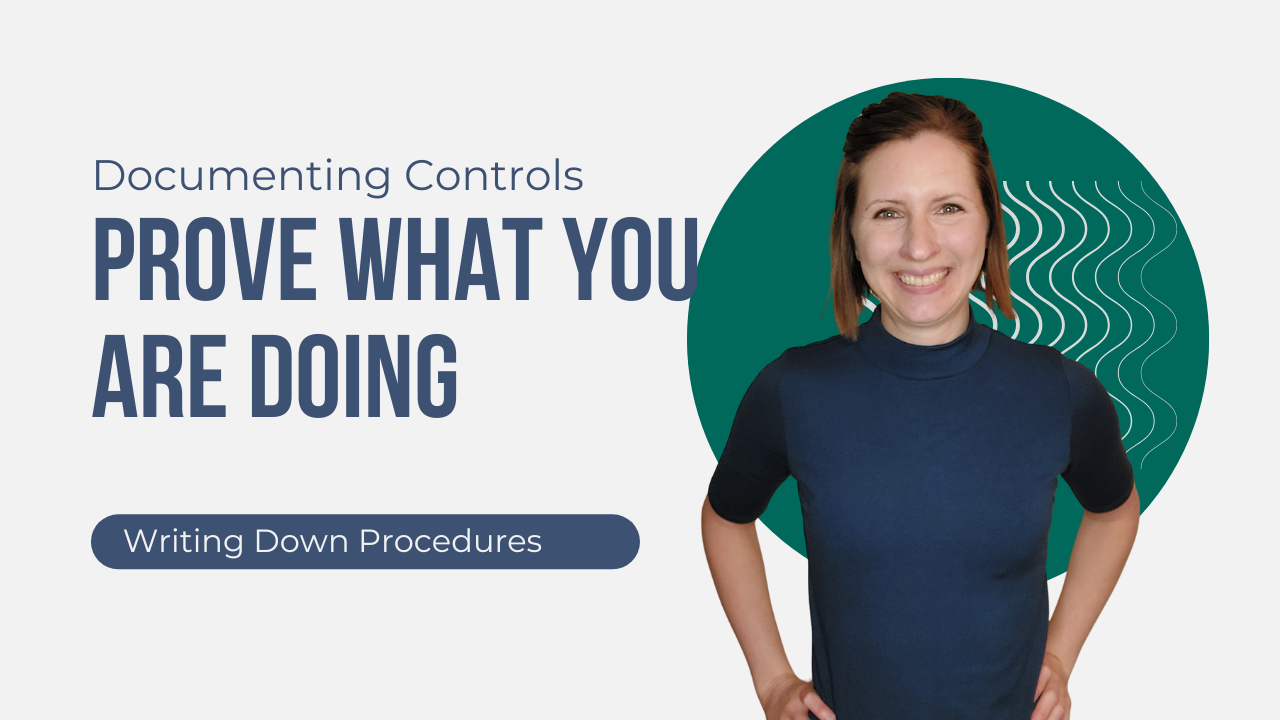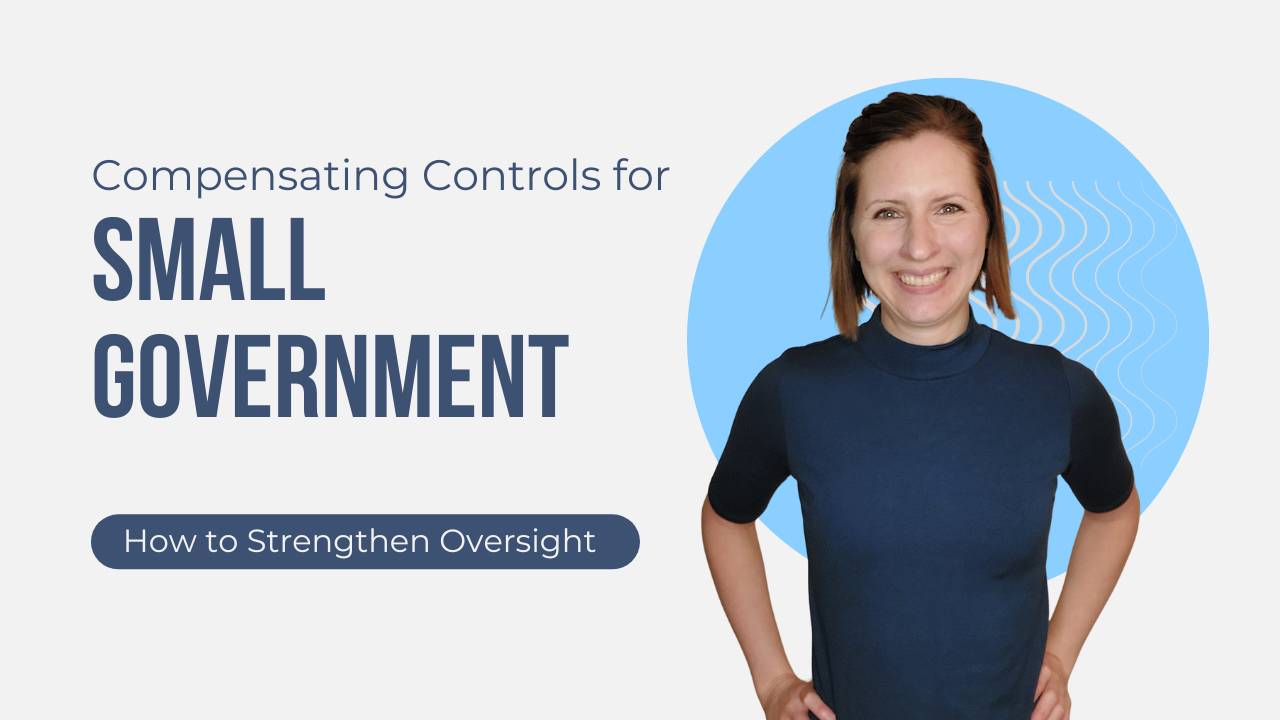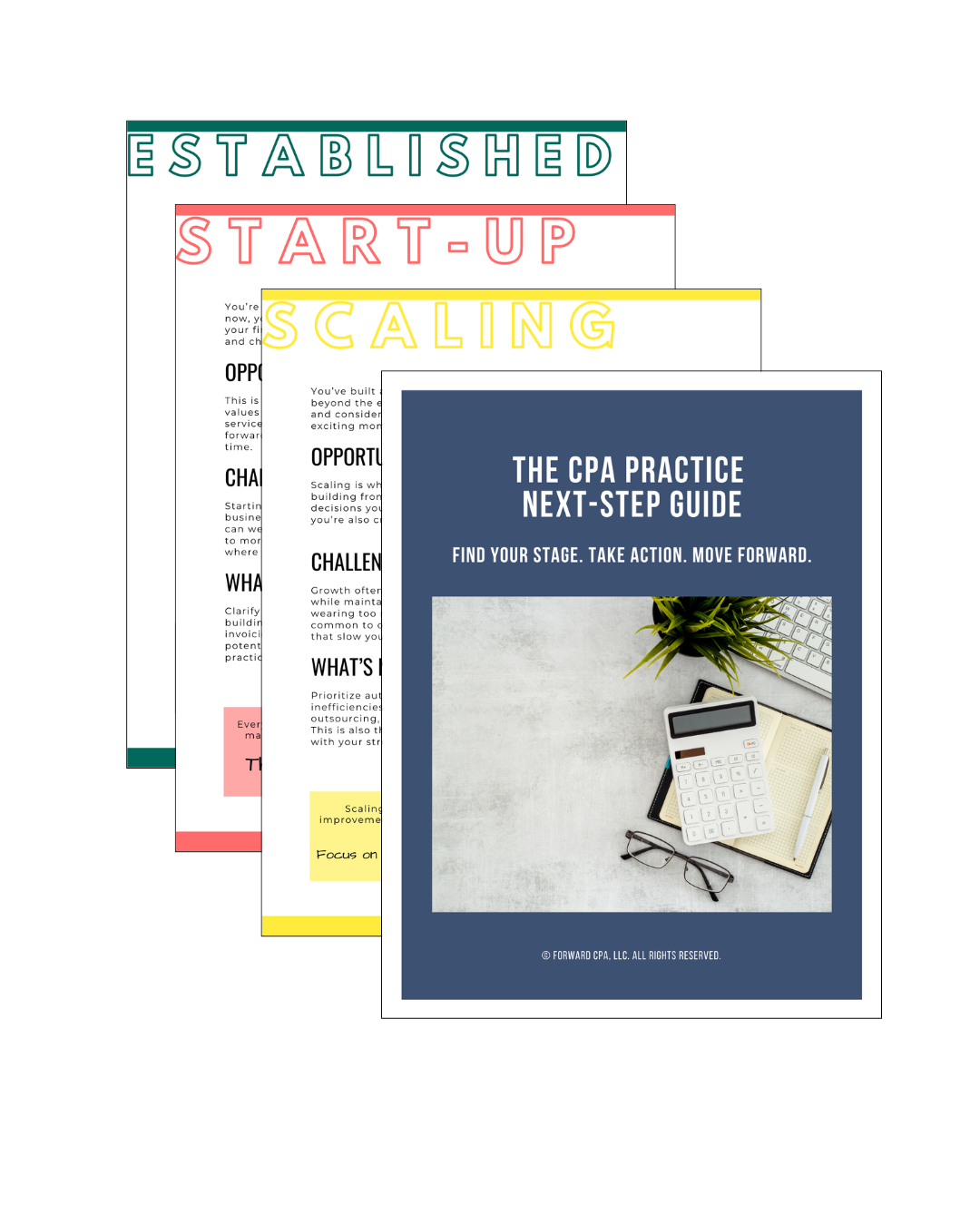Why So Many CPAs are Walking Away from Governmental Audits (And What Could Bring Them Back)
May 22, 2025
There’s a quiet shift happening in the accounting profession—one that many people outside the niche don’t fully see.
Across the country, CPAs are walking away from governmental audits.
Some are downsizing their practices. Others are dropping government engagements to focus on less complex work. Many are retiring early—or burning out entirely.
And as the number of firms doing this work shrinks, the pressure builds on those who remain:
- More client inquiries
- Tighter timelines
- Fewer qualified staff
- Rising risk and regulatory scrutiny
So, what's really driving this shift? And- perhaps more importantly - what would it take to bring experienced auditors back to this critical space?
The Work Isn't the Problem - It's the Weight of Everything Around It
Most CPAs who’ve specialized in government audits will tell you:
The work is complex, but it can be deeply rewarding.
Auditing public entities matters. The reports influence funding decisions, public trust, and fiscal accountability. You’re not just checking boxes—you’re protecting community resources.
But that purpose can’t outweigh the pain points forever.
Why CPAs are Stepping Away from Governmental Audits
1. The Time Burden is Unsustainable
Many government audits involve limited-staff finance departments, unclear records, late submissions, and tight deadlines. Auditors spend weeks not just auditing—but reconstructing the books.
And unlike corporate clients, governments often work on timelines tied to statutory filing requirements—not CPA firm capacity.
The result: Long nights, unpredictable schedules, and little room for efficiency.
2. There's No Easy Way to Train New Staff
Governmental audits are technical. GASB is its own world. And Yellow Book requirements add layers that many younger staff have never been exposed to.
With so few training resources and limited standardized templates, training becomes a one-on-one process that’s hard to delegate or scale.
The result: Owners end up doing more work themselves or feel they can't grow their team with confidence.
3. The Process Feels Disconnected and Disorganized
From requesting documents to drafting financial statements, the workflow is often pieced together with spreadsheets, saved emails, and hand-edited templates.
No two files look alike. No two clients respond the same way. And with every adjustment or new federal funding source, the audit morphs mid-season.
The result: The process becomes reactive instead of repeatable.
4. The Risk-Reward Balance is Off
With changing standards, federal single audits, and the looming concern of peer review, many CPAs feel like the liability has outpaced the reward.
And when they compare that pressure to other service lines—compilations, reviews, tax planning—the decision becomes clearer:
Why carry the weight of complexity if it doesn’t fit the firm’s goals anymore?
So... What Would Bring Them Back?
Most CPAs leaving this work aren’t walking away because they don’t care.
They’re walking away because it stopped feeling sustainable.
But if we want to bring skilled professionals back into the governmental audit space—and keep the ones who are still here—we need to shift the landscape.
Here’s what could help:
1. Systems that Reduce the Guesswork
We need better templates, better documentation tools, and better ways to manage workpapers, note disclosures, and audit programs that reflect governmental standards.
What helps?
-
Standardized workpaper libraries
-
Engagement checklists
-
Templates for governmental notes and SEFA preparation
-
Tools that guide staff step-by-step through fieldwork
2. Workflows Built for Government-Specific Needs
Governmental audits aren’t like for-profit audits. The software and systems need to reflect that.
What helps?
-
Audit programs tied to GASB, Yellow Book, and Uniform Guidance
-
Customizable reporting tools for financials and findings
-
Project management platforms that support recurring compliance requirements
3. Training Designed for This Work
Firms need support training staff who didn’t come up through governmental audits. The content shouldn’t assume prior knowledge—it should build it.
What helps?
-
Bite-sized, role-specific training
-
Real-world examples and walkthroughs
-
Resources for both auditors and their governmental clients
4. A Path to Profitability and Balance
Governmental audits can be profitable. But only if the process is built to scale—not patched together one engagement at a time.
What helps?
-
Tools that cut hours off every audit
-
Systems that reduce revision cycles and prep delays
-
A firm culture that doesn’t tie value to complexity
We Don't Need More Passion - We Need Better Support
CPAs haven’t lost their dedication to good audit work. What they’ve lost is the margin to do that work well—without sacrificing themselves or their firm in the process.
If we want to keep experienced professionals in governmental auditing, and attract the next generation to it, we need tools, systems, and training built for this niche, not around it.
Because the work still matters.
But it needs to work—for the auditors, too.
Your Next Step Forward
Join the newsletter designed to help CPAs take the next best step in building a practice they love, with practical insights, game-changing tools, and quick wins in every email.
We hate SPAM. We will never sell your information, for any reason.




